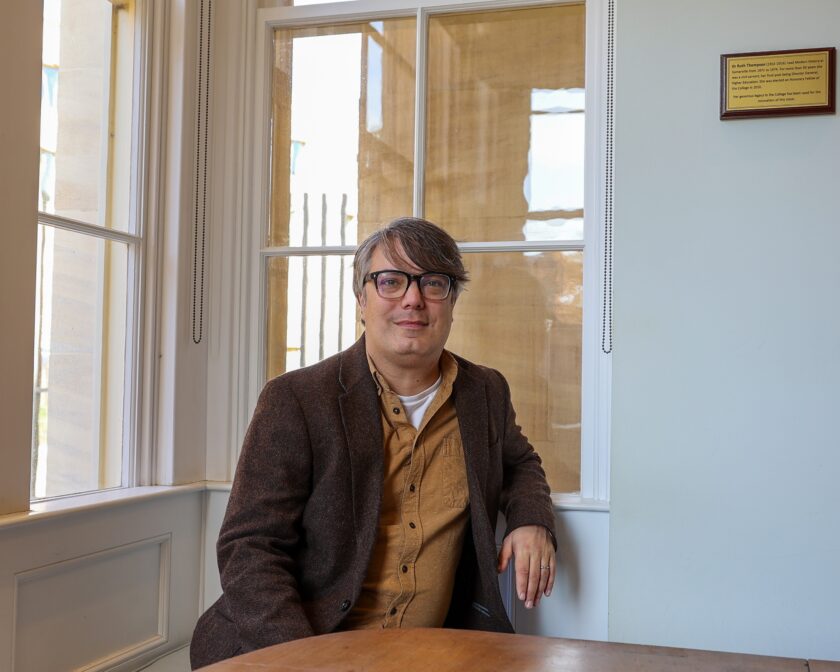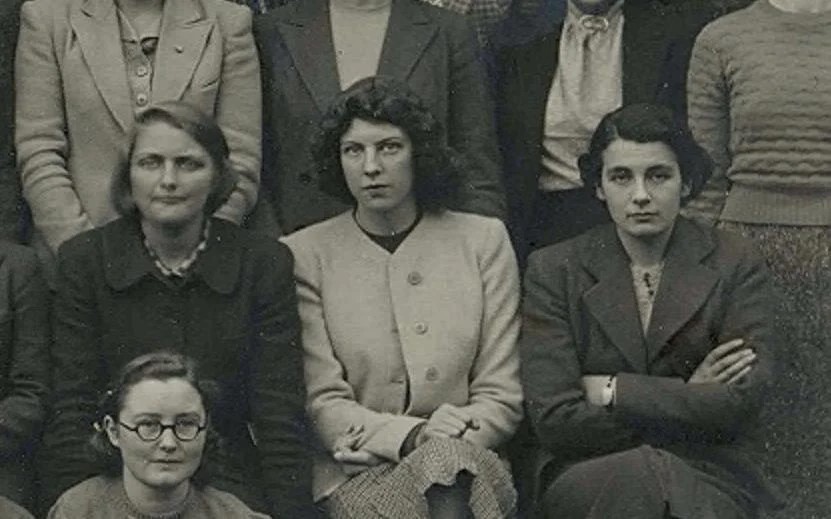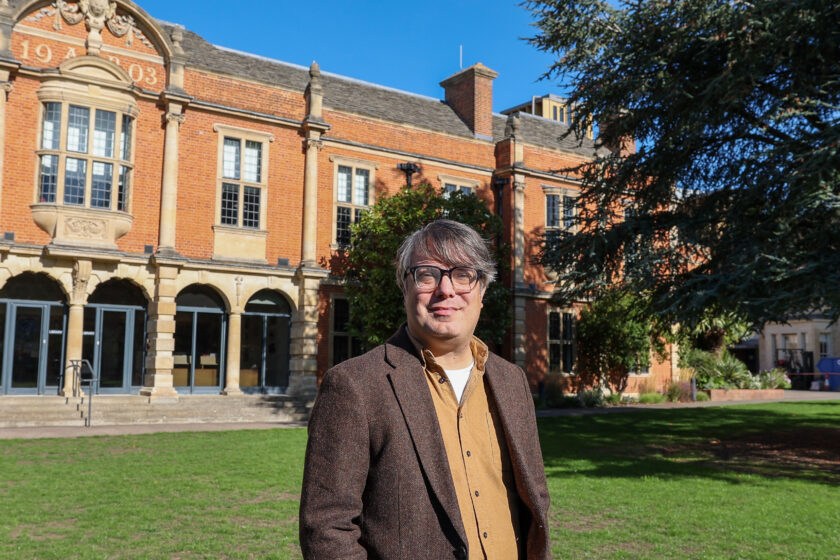Professor Dale Dorsey is Somerville’s new Tutorial Fellow in Philosophy, alongside Professor Karen Margrethe Nielsen. Professor Dorsey kindly joined us for a Q&A to help us all get to know him a little better.

Professor Dale Dorsey
You’re coming to Oxford from the US. Is there anything you’re particularly excited about in making such a major move, and anything you’ll miss?
One thing I’m particularly excited about is the way in which Oxford feels like a genuine democracy, with members of the College and University having a meaningful say in governance. I should also say that, like many US academics, it feels like a pretty good time to get out! What will I miss? The coffee. No offense to anyone who likes them, but Americanos just aren’t cutting it.
You’re joining Oxford as a Professor in Moral Philosophy, having previously been Chair in Philosophy at the University of Kansas. How and why did you come to specialise in this field?
My father was an academic (an economist), and I grew up around college campuses. I always loved the environment, so I knew from an early age I wanted to be an academic of some kind or other. I think philosophy, and moral philosophy in particular, interested me as a sort of long-standing puzzle. How do these things go together? If we believe this, what must we reject? How can we reconcile the seemingly contradictory things we hold dear? And what do we do if we can’t? Those questions have always fascinated me.
Don’t think about your time at Oxford or Somerville as somehow “preparation” for your life. It is your life.
You have published extensively on ethics and the normative authority of morality to inform our lives. Why is this question at once vital and very tricky?
Well, it certainly is tricky. But from my perspective, the orientation has always been the other way around: how can our lives, specifically those things we care about, inform moral philosophy? Can we have a robust account of goods, bads, rights, wrongs, that ignores things that people genuinely care about in their lives: their central aims and projects, their professional obligations, their standing in the community, the little norms that guide our everyday conduct (queue on the left, say “please” and “thank you”, applaud after a jazz solo, but not a classical one, and so on). These things were of substantial interest to philosophers, especially in Britain, in the 17th and 18th centuries. I find myself taking inspiration from them more and more as the years go on.
You seem to be envisaging an ethics shaped by empiricism. For many Somervillians, this will evoke the Somerville “quartet” of moral philosophers (Philippa Foot, Elizabeth Anscombe, Mary Midgley, Iris Murdoch), who took the news of WWII and the Holocaust as definitive justification for their “virtue ethics”. Do you feel any sense of kinship with these Somervillians?

Philippa Foot (centre) as a student of Somerville College
Philippa Foot is one of my philosophical heroes. Her work while at Somerville, especially her most fertile period in the 1970s, was a significant influence in my thinking from the time I read it. Though she changed course at the turn of the millennium, her paper “Morality as a System of Hypothetical Imperatives” is, in my view, among the best pieces of substantive philosophy in the 20th century. There must be something in the air at Somerville (he says, fingers crossed).
Do you have any advice for new PPE students joining Somerville?
That’s a hard one! I was hoping they could give me some advice. I suppose I would say not just to new PPE students, but any new students, that all times of your life are just as valuable as any other time. Too often students think about their time at university as mere preparation or stasis before real life begins. Of course, do what you must to succeed in your studies, but don’t think about your time at Oxford or Somerville as somehow “preparation” for your life. It is your life.
What do you do outside work/to relax?
These days it seems like the answer is “driving boxes to storage”. But a more genuine answer is music: I am an amateur musician, and can often be found digging in boxes of old LPs in the record shops.
It’s early days, but what do you hope to achieve from your time at Somerville and Oxford?
First and foremost, I’d like my students to succeed, in whatever sense of success is meaningful to them. I’m also hopeful that I can fit into the wonderful community here at Somerville and Oxford. And maybe get a bit of writing done, too.

Prof Dorsey at Somerville College, September 2025